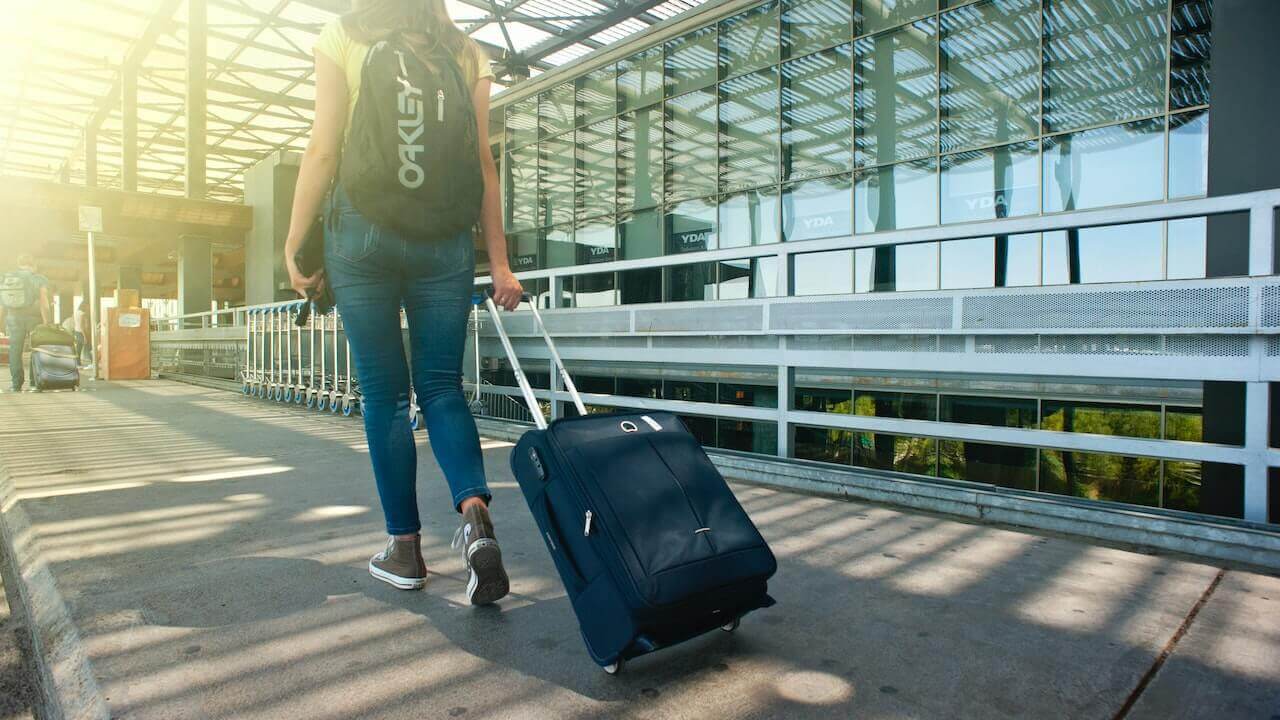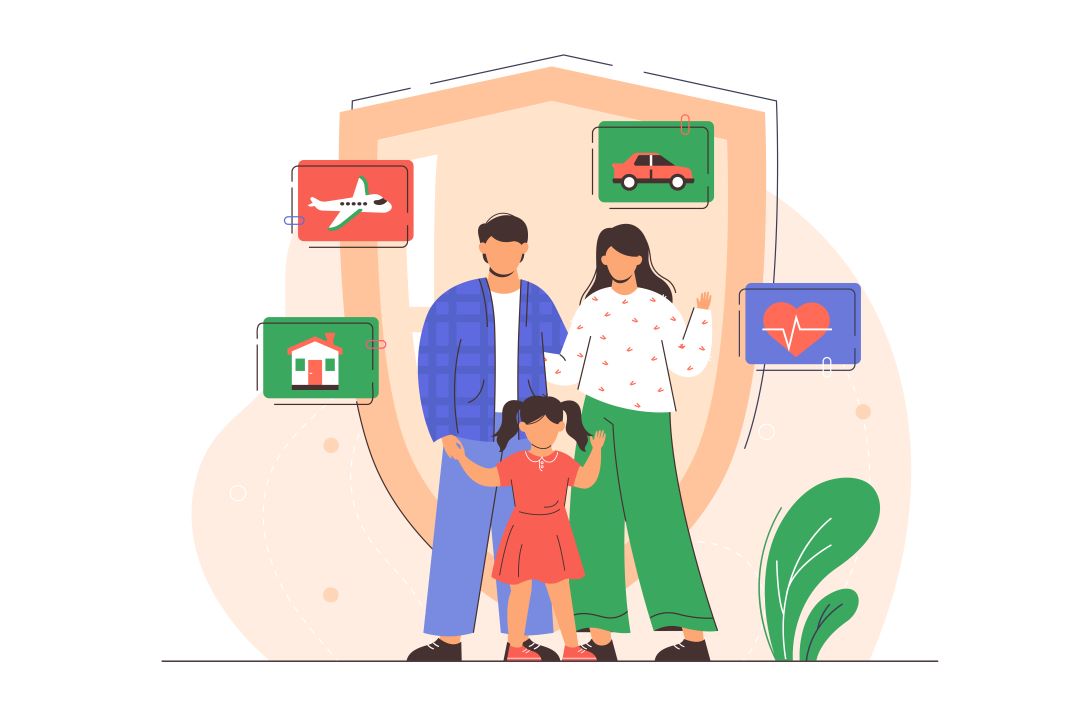Traveling to foreign countries can be an exhilarating adventure, offering an opportunity to dive into unknown cultures, taste exotic foods, and create lasting memories. However, safety should always be the traveler’s priority to ensure these experiences are both enjoyable and risk-free. In this detailed guide, we’ll explore the best ways to stay safe while traveling abroad, providing tangible examples and insightful advice.
Every year, millions of people travel abroad for various reasons – to explore, work, study, or simply relax. However, travel isn’t without its potential risks, making the importance of safety paramount. From health hazards and criminal activities to cyber threats and cultural misunderstandings, travelers can face numerous challenges. However, with proper planning and a solid understanding of your destination, most of these challenges can be managed effectively.
Research Your Destination Thoroughly
Before you board the plane, make sure you’ve researched your destination extensively. Familiarize yourself with local customs, etiquette, laws, and the social and political climate. Governmental travel advisories, like the US Department of State’s travel website, are great starting points. For example, in 2021, numerous tourists faced unexpected challenges due to the sudden unrest in Myanmar, highlighting the importance of staying abreast with current events in your chosen destination.
Travel Insurance: An Essential Safety Net
Travel insurance isn’t just a safety measure – it’s an essential component of any travel plan. It can cover anything from medical emergencies and flight cancellations to lost baggage. A well-known case is of an American traveler who slipped while trekking in the Swiss Alps in 2022, and the comprehensive travel insurance covered his evacuation costs and medical bills, preventing financial disaster. Remember to thoroughly check what your plan covers before setting off.
Smart Packing for Safety
The way you pack can influence your safety while abroad. Always include a first-aid kit, a phone charger, copies of important documents, and, if possible, a battery-powered charger. Be mindful of your clothing choices too – in some countries, like Saudi Arabia, it’s essential to adhere to a dress code for both cultural respect and personal safety.
Maintaining Good Health During Your Trip
Preparing for potential health issues is crucial, especially in regions with different climate conditions or unique diseases. Getting necessary vaccinations, carrying adequate medication, and practicing safe food and water habits can help you maintain good health. In 2018, an outbreak of Yellow Fever in Brazil saw a sudden increase in travel-associated cases, emphasizing the need for travelers to ensure they are vaccinated before traveling to at-risk areas.
Cyber Safety for Travelers
As more aspects of our lives become digital, cyber safety has become a significant concern for travelers. Protect your personal and financial data by using strong, unique passwords and avoiding unsecured Wi-Fi networks. Use of a reliable VPN service can also help keep your online activities secure. Numerous cases of identity theft and financial fraud have been reported by tourists, reminding us of the importance of cyber safety while traveling.
Safe Transportation Practices
Understanding local transport systems and rules is vital to staying safe abroad. In countries with left-hand traffic like the UK or Japan, unaware tourists might make potentially dangerous mistakes. Public transportation may have its own set of risks, making it essential to stay vigilant and follow local guidance.
Accommodation Safety
When booking accommodation, consider its location, safety features, and guest reviews. In 2020, a tourist in Barcelona found her Airbnb was located in a high-crime neighborhood, leading to an unfortunate theft incident. Always make sure your accommodation is in a safe area, and maintain safe habits, like locking doors and not sharing your location publicly.
Navigating Language Barriers and Local Customs
Having a basic understanding of the local language can be immensely helpful in emergencies and in avoiding misunderstandings. A simple phrasebook or a language app can be beneficial. Furthermore, respecting local customs can prevent inadvertent disrespect. Tourists in Venice, for example, have faced fines for picnicking in public places due to local regulations.
Emergency Preparedness
Know the local emergency numbers, and keep the address and contact number of your country’s embassy handy. Having a basic emergency plan can help in unexpected situations. This became evident during the 2011 Japan earthquake when many tourists had no idea how to respond or where to go for help.
Staying Connected
In our increasingly digital world, staying connected is more than just checking social media. It’s a safety precaution. Keep in regular contact with loved ones back home, and consider using location-sharing features for added security. Numerous apps can also provide navigation help, emergency services, and local information, turning your smartphone into a personal safety device.
Conclusion: Embracing a Safety-First Approach to Travel
Travel is an enriching experience that broadens our horizons, but it’s equally essential to prioritize safety to ensure our journeys are memorable for the right reasons. By taking the steps outlined in this guide, you can prepare effectively for your trip, stay safe while abroad, and enjoy the remarkable experiences that traveling provides. Safe travels!



